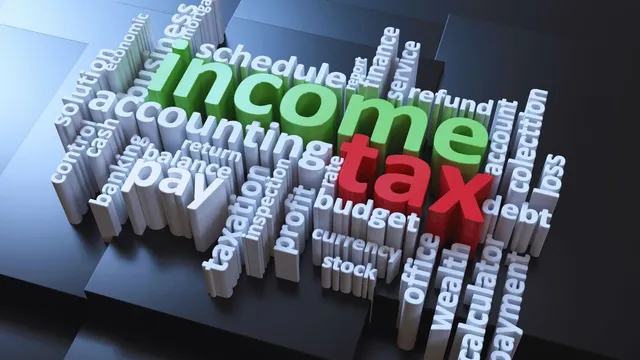- By Priyanka Koul
- Sat, 01 Feb 2025 10:16 PM (IST)
- Source:JND
In a major relief for taxpayers, Union Finance Minister Nirmala Sitharaman announced on Saturday that individuals earning up to Rs 12 lakh annually will not have to pay any income tax.
Presenting her eighth consecutive Union Budget, Sitharaman introduced tax reforms aimed at benefiting the middle class, bringing muchneeded financial relief to millions.
She emphasised that taxation reforms are a crucial step towards achieving the vision of Viksit Bharat (Developed India). Just as the government had earlier replaced the Bharatiya Danda Sanhita with the Bharatiya Nyaya Sanhita in criminal law, the new Income Tax Bill is designed to reflect the same commitment to justice (Nyaya).
#WATCH | Delhi: Union Finance Minister Nirmala Sitharaman says, "...One thing which I certainly would like to highlight is responding to the voice of the people, which is what Prime Minister Modi is known for in his administration. It's a very responsive government and as a… pic.twitter.com/bk3ZPQeM6t
— ANI (@ANI) February 1, 2025
Sitharaman highlighted that India's progress is built on three key pillars democracy, demography, and demand with the middle class playing a vital role in driving economic growth.
Expressing her gratitude, she acknowledged that the government, under Prime Minister Narendra Modi’s leadership, has always valued the energy and contributions of the middle class in nationbuilding. To ease their financial burden, the government has consistently worked towards reducing their tax liabilities.
Key Announcements on Taxation:
The Finance Minister declared that taxpayers with an annual income of up to Rs 12 lakh (excluding special rate income like capital gains) will receive a tax rebate, ensuring they do not have to pay any income tax.
#UnionBudget2025 | Finance Minister Nirmala Sitharaman says, " I am now happy to announce that there will be no income tax up to an income of Rs 12 lakhs." pic.twitter.com/rDUEulG3b9
— ANI (@ANI) February 1, 2025
Additionally, under the new income tax regime, a standard deduction of Rs 75,000 has been introduced. This means that salaried individuals earning up to Rs 12.75 lakh annually will have zero tax liability, further reducing the financial strain on the middle class.
Mandatory Income Tax Return (ITR) Filing:
Despite having no tax liability, individuals may still be required to file an Income Tax Return (ITR). As per existing regulations, ITR filing is compulsory for anyone whose total income surpasses the basic exemption limit Rs 2.5 lakh under the old tax regime and Rs 4 lakh under the new regime.
Tax experts clarify that the obligation to file an ITR is determined by total income, not tax liability. This means that even if an individual’s tax burden is reduced to zero due to deductions or rebates, they must still file their returns to declare their income.
Filing an ITR is also beneficial in the long run, as it helps maintain a clean financial record. It can be useful for securing loans, applying for visas, and accessing various financial services.
Lower Taxes, Higher Savings, and Increased Investments
To make taxation more beneficial for all, slabs and rates are being revised across the board. The new structure will significantly reduce tax liabilities, leaving more disposable income in the hands of taxpayers. This will lead to increased household spending, higher savings, and greater investments, further stimulating economic growth.
For better understanding, here’s how the revised tax structure benefits different income groups:
1. Taxpayers earning Rs 12 lakh – Will save Rs 80,000 in taxes, a 100% reduction from the previous tax payable.
2. Taxpayers earning Rs 18 lakh – Will receive a tax benefit of Rs 70,000, cutting their tax burden by 30%.
3. Taxpayers earning Rs 25 lakh – Will enjoy a tax reduction of Rs 1,10,000, lowering their tax liability by 25%.
These tax changes reaffirm the government’s efforts to support taxpayers while ensuring a fair and transparent tax system. By putting more money into the hands of individuals and families, the reforms are expected to drive consumption, boost savings, and strengthen India's overall economy.

